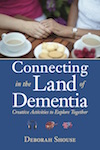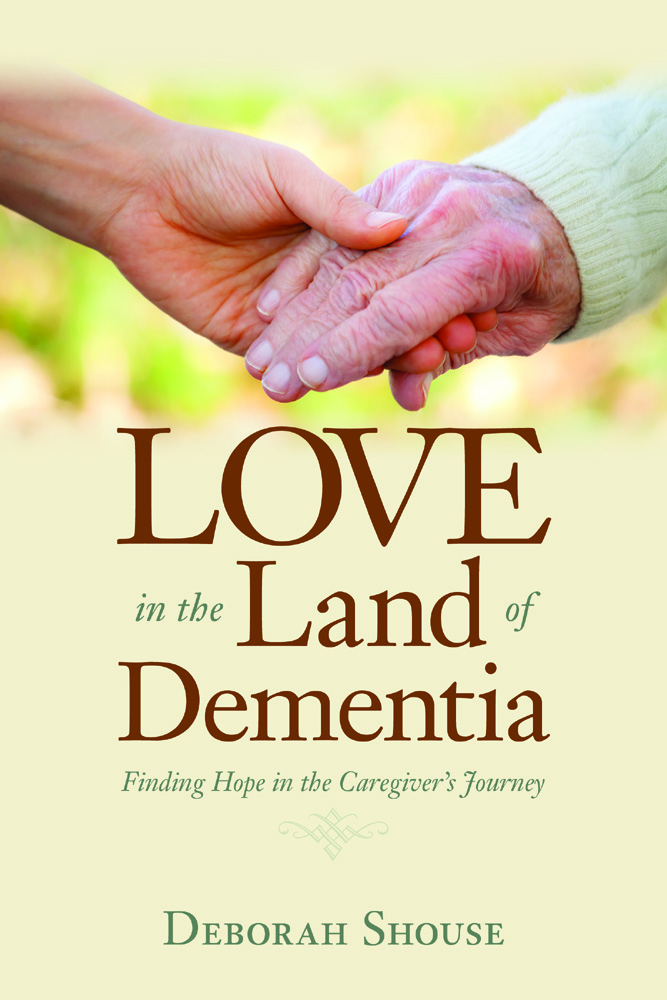Posts Tagged ‘Lewy body dementia’
Moving from Depression to Purpose: Wisdom from Dementia Advocate and Mentor Robert Bowles, Jr.
Once again, Robert Bowles, Jr., age 65, could not sleep. Since he’d been diagnosed with Lewy Body Dementia two years ago, his nights had randomly been plagued with terrifying hallucinations and vivid nightmares that he often acted out. He was exhausted, depressed, and anxious. Plus, he had had to sell his beloved pharmacy and prematurely end a meaningful 40-year career as the community’s trusted pharmacist.
That dismal night, Robert awoke at 1:00 a.m. and dragged himself into his office. He felt a horrible heaviness in his heart
and he cried out to God.
“God,” he said, “Take me home. I don’t want my family to go through this disease. I can’t endure this any longer.”
As he sank into a chair, he heard a voice, as strong and clear as if someone was sitting right beside him: “Use your five life principles for people who are living with dementia.”
Robert slapped his hand onto his forehead and said to himself, “God is not through with me yet.”
And that realization filled him with hope.
Amending His Purpose: The Five Principles
Love, care, education, encouragement, and hope: these were the principles Robert adhered to with his work, his family, and in his community.
“Understanding that those same tenets could help families affected by dementia was a transformational experience that gave me purpose,” he says.
Robert believes, “People living with dementia need to be encouraged to maintain purpose. While your original purpose may not be possible, you can always modify your vision and continue to live with depth and meaning.”
Throughout his career, Robert was always purpose-driven and outcome-oriented. Along with those qualities, he infuses his current advocacy and mentoring work with compassion. Early on, he realized, “People don’t care what you know; they want to know what you care about.”
Standing up for Personhood
“I made a decision that I would not let dementia define who I was,” Robert says. “ I’m still Robert. I believe in personhood.”
He also believes in learning, overcoming fear, and trying new things. Robert serves on the Georgia Alzheimer’s and Related Dementias (GARD) State Plan Group. He is involved with the Lewy Body Dementia Association (LBDA) and works with the Dementia Action Alliance and the Dementia Spotlight Foundation. He qualified as a trainer at the Rosalyn Carter Institute and he completed the coursework to became a Certified Eden at Home Associate. Robert has also been trained in Dementia Beyond Drugs, which teaches ways to decrease behavioral expressions without medications.
Recently, a lady asked him, “How are you able to speak when you have dementia?”
Robert answered, “When I sit there waiting to speak, my mind is all over the place. I wonder, ‘Will I be able to speak, or is the train going to jump the track?’ Then I tell myself, “I am going to have fun.”
He has fun and he speaks from his heart. Audiences connect with him.
Recently, Robert told his neurologist, “I don’t have time to die.” Every year, he typically speaks to more than 100 groups, sharing his story, breaking down stereotypes, educating people on dementia, and inspiring people to live with heart and purpose. ##
 Practical Tips from Robert
Practical Tips from Robert
Adopt the ASAP philosophy: Acceptance, Socialization, Attitude, and Purpose. Accept your disease and know you are not your disease. Keep and expand your social network. Live with a positive attitude. Be fueled by a purpose. ASAP was one of the touchstones that delivered Robert from “the Valley of Darkness.” “Both care partners and people living with dementia benefit from ASAP concepts,” Robert says.
Prepare for your doctor’s visits. As a practicing pharmacist, Robert noticed many people did not prepare for medical visits and therefore didn’t get the information they most needed. He keeps a list of his symptoms. As changes occur, write them down. Before the visit, select your top three issues. Hand this list to the nurse to give to the doctor. “You save time and get better outcomes,” he says.
For more information about Robert, please visit:
https://lbdlivingbeyonddiagnosis.com/index.html
For more information about living well with dementia, please visit Dementia Action Alliance, https://daanow.org


